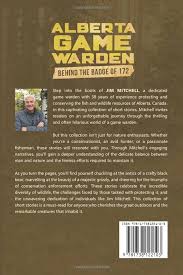
Introduction
The recent implementation of a book ban in Alberta has sparked significant debate among educators, parents, and students. With the importance of literature in fostering critical thinking and empathy, the ban raises various questions about censorship, freedom of expression, and the role of educational institutions in shaping the minds of future generations.
Details of the Ban
In 2023, several school boards in Alberta decided to remove a selection of books addressing issues like gender identity, racism, and LGBTQ+ themes from their libraries and reading lists. Legislators and some community groups argued that these titles contain inappropriate content for children, and they believe that the books promote ideology over factual information. However, opponents of the ban argue that these decisions undermine diversity and limit students’ exposure to different perspectives.
Notable titles that have faced removal include works by prominent authors whose narratives explore issues of race, gender, and sexuality. The ban has drawn ire from many authors, educators, and literary advocates, who claim that it limits the critical discussions necessary for students in today’s polarized climate. Activists are mobilizing efforts to counteract the ban by advocating for the inclusion of a broader range of books that reflect society’s diversity.
Public Response and Impact
The public response to the Alberta book ban has been largely mixed. Parents and students have organized protests to demand the reintroduction of banned texts, while others support the move, arguing that it protects children from exposure to material they deem unsuitable. Community forums have been held to discuss the implications of such bans, emphasizing the importance of understanding multiple viewpoints in a democratic society.
Teaching professionals have expressed concerns about how the ban may affect their ability to provide a well-rounded education. Many educators emphasize that diverse literature allows students to develop empathy, cultural awareness, and critical thinking skills essential for the modern world. As such, the fear is that the book ban could diminish the quality of education in Alberta, leading to a generation of students who are less informed about crucial societal issues.
Conclusion
The Alberta book ban raises essential questions about the nature of education and freedom of expression. As discussions continue, it remains critical for stakeholders, including educators, parents, and policymakers, to engage in constructive dialogue that balances the need for protecting children and the necessity of providing diverse, inclusive educational materials. The outcome of this debate could set important precedents for how literature is approached in schools across Canada, with lasting implications for future generations.




